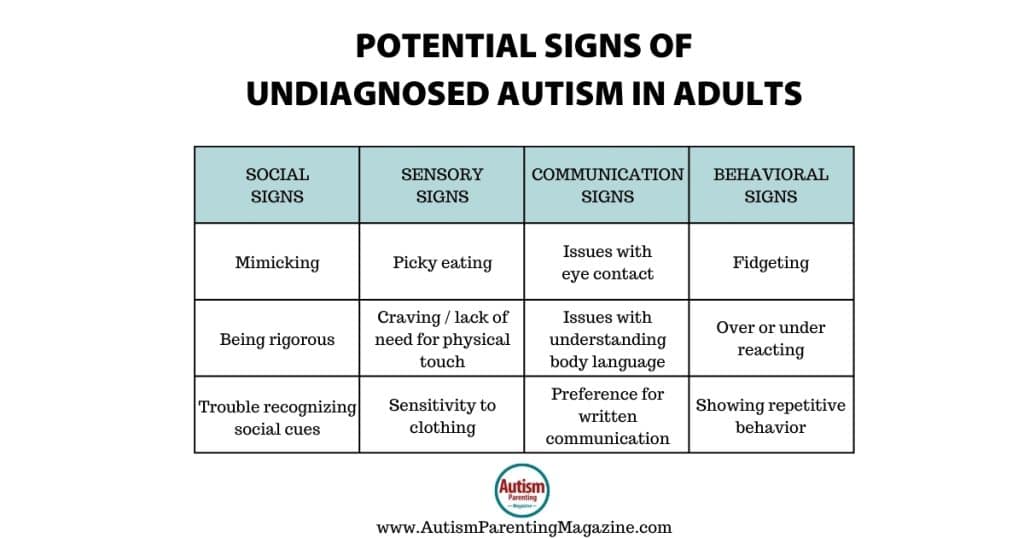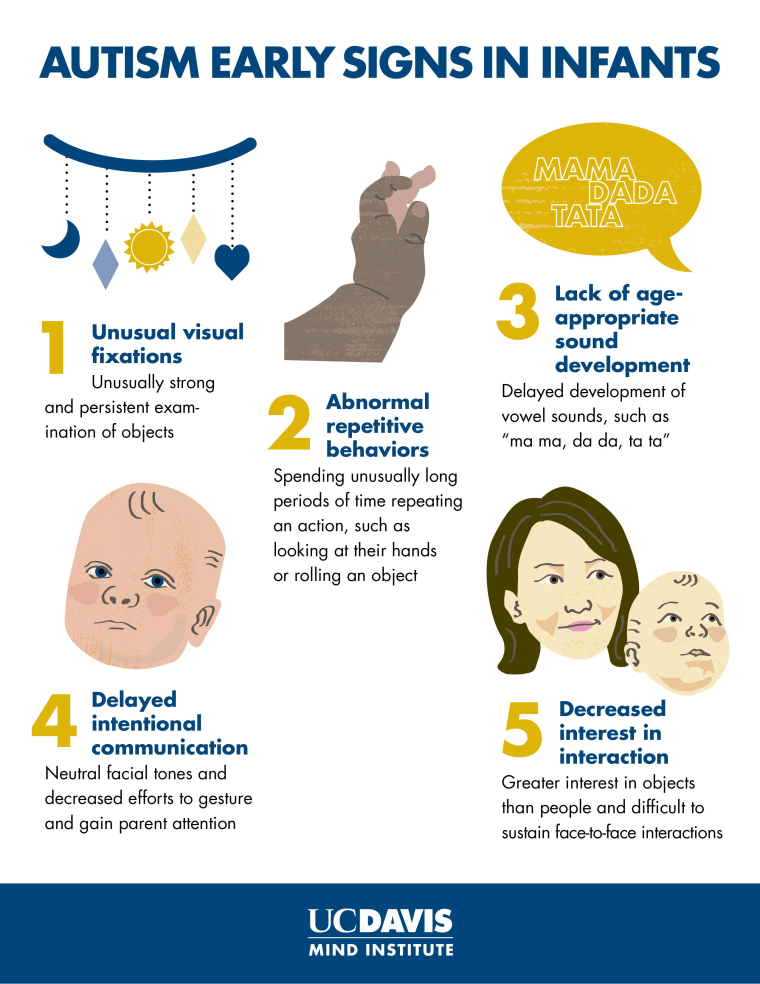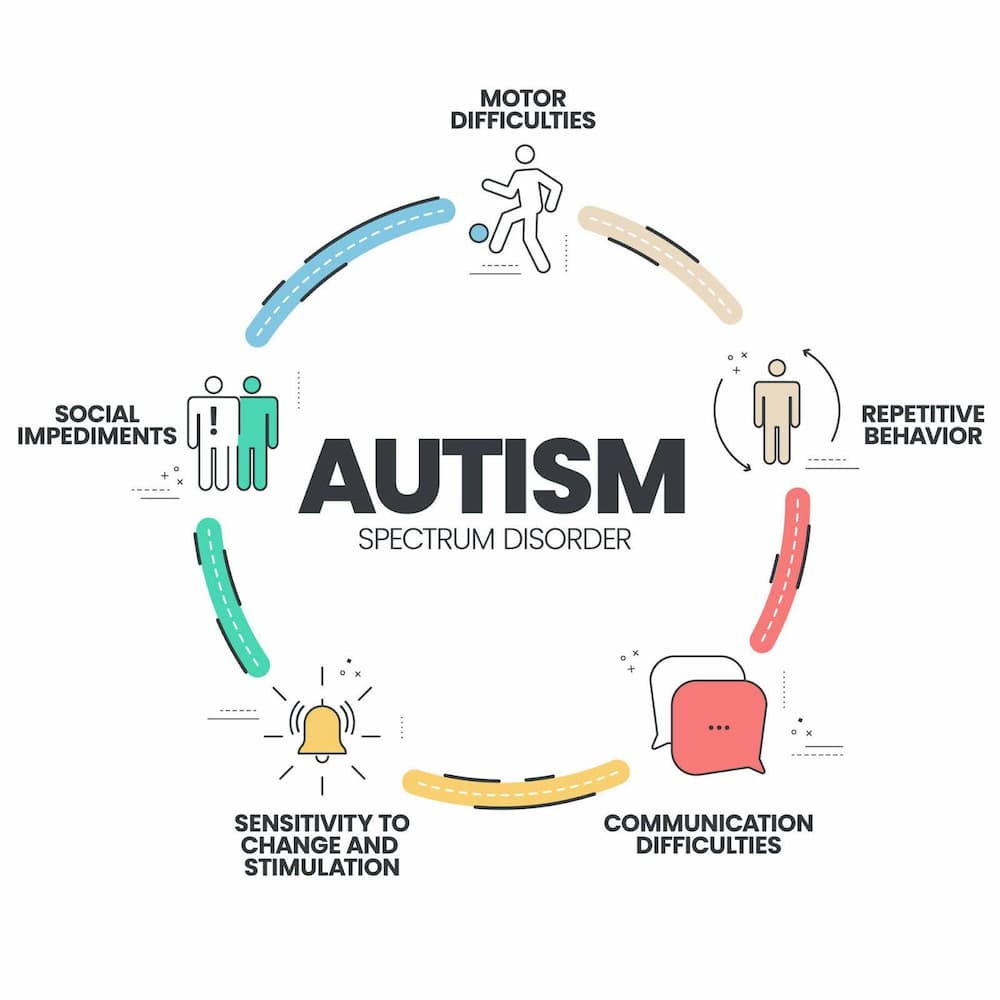Key Symptoms And Signs to Acknowledge in Individuals With Behavioral Autism
When you experience someone with behavior autism, identifying essential signs and signs is important. Additionally, sensory sensitivities can lead to frustrating experiences.
Challenges in Social Interactions
When you interact with a person on the autism spectrum, you may discover they deal with social hints and interaction. These difficulties can make social interactions feel frustrating for them. You may see them avoiding eye contact or standing too close or too far during conversations, which can produce misunderstandings. They may not notice body language or faces, making it harder for them to determine exactly how others are really feeling.
Furthermore, you might locate that they choose regimens and acquainted settings, which can limit their readiness to participate in new social situations. They may talk about their interests in wonderful detail without seeing if you're interested when they do involve. This can result in one-sided conversations that leave you really feeling detached. Comprehending these challenges can aid you approach interactions with empathy and perseverance, cultivating an extra comfy environment for both of you.
Problem With Verbal and Non-Verbal Interaction

Non-verbal communication can be a lot more tough. You could see an absence of eye call or limited use motions, which can make communications really feel awkward. Faces might not constantly line up with the discussion, leading to confusion about their feelings. Recognizing these indicators is essential, as it aids you much better support and engage with people on the autism spectrum. By comprehending their interaction obstacles, you can cultivate extra meaningful links and offer a more helpful setting.
Repetitive Actions and Regimens
Interaction difficulties commonly come with other indications of autism, such as repeated actions and a solid preference for routines. You may see that individuals with autism typically take part in certain, repeated actions, like hand-flapping, rocking, or duplicating phrases. These behaviors can offer convenience and a feeling of control in an often frustrating globe.
Regimens are similarly crucial; lots of people flourish when they comply with a structured schedule. You might find that changes to these routines can result in significant distress. If they have a day-to-day routine of eating morning meal at a certain time or adhering to a certain path to college, any disruption can cause anxiety.
Acknowledging these patterns helps you understand their behavior and give assistance. By suiting their requirement for regular and permitting recurring activities, you can create a much more comfy environment that alleviates their difficulties.
Sensory Sensitivities

Typical Sensory Triggers
Sensory sensitivities can considerably affect every day life for individuals with autism, as specific stimulations often trigger overwhelming reactions. Common sensory triggers include loud noises, intense lights, and solid smells. You might see that sudden noises, like alarms or alarms, trigger stress and anxiety or distress. Fluorescent lights in shops can really feel awkward and rough. Textures can additionally play a considerable function; rough textiles or specific food appearances might be unbearable for you. In addition, crowded places can overwhelm your detects, making it tough to focus or relax. Comprehending these triggers can aid you manage your atmosphere better. By understanding what influences you, you can take actions to lessen discomfort and boost your everyday experiences.
Behavioral Reactions Described
Understanding your behavior responses to sensory level of sensitivities is vital, as they typically disclose exactly how you connect with the world. You might additionally discover yourself seeking particular sensory experiences, like deep pressure or silent environments, to assist ground on your own. Recognizing these patterns assists you recognize your needs much better and can lead how you interact them to others.
Coping Approaches Overview
Acknowledging your sensory level of sensitivities is simply the initial action; now it's time to check out coping methods that can assist you handle those experiences successfully. Begin by producing a sensory toolkit tailored to your needs. Establishing an organized regimen can also give predictability, decreasing anxiousness around sensory overload.
Restricted Rate Of Interests and Emphasis
While numerous individuals establish a wide variety of interests, those with autism often show restricted interests and an extreme concentrate on specific subjects. You might notice that a person with autism can spend hours diving into their favorite topic, whether it's a specific kind of train, a certain film, or a clinical idea. This intense emphasis isn't just a leisure activity; it can become a main part of their identification and social communications.
You may locate that discussions revolve around these passions, and they may battle to participate in more comprehensive subjects. For them, these focused Autism Behavioral Therapy passions offer convenience and a sense of proficiency. While it's essential to encourage exploration of brand-new topics, respecting their enthusiasms is equally crucial. By comprehending and acknowledging these limited interests, you can cultivate a supportive setting where they feel valued and comprehended, permitting more purposeful connections and interactions.
Emotional Policy Problems
People with autism often face obstacles in psychological law, which can be affected by their intense focus on specific interests. You could see that when a person is deeply taken part moved here in a preferred activity, they can experience solid emotions, whether excitement or disappointment. This intensity in some cases makes it hard for them to change equipments or manage their feelings when points don't go as planned.

Irregularity in Developmental Turning Points
When it involves developmental milestones, you'll observe that people with autism often show a vast array of irregularity. Some might hit milestones promptly, while others might hang back or development at a various rate. For instance, you might see a child stand out in language abilities however deal with social communications. This incongruity can be confusing, as conventional standards do not constantly use.
It's essential to identify that each person's journey is unique. Observing these patterns can aid you recognize their strengths and requires much better.
Frequently Asked Inquiries
Exactly How Is Autism Diagnosed in Kid and Adults?
To diagnose autism in youngsters and adults, professionals review habits, communication abilities, and social interactions. They often make use of standardized examinations, interviews, and monitorings to figure out if an individual fulfills the criteria for autism range disorder.
Exist Various Types of Autism Range Disorders?
Yes, there are different kinds of autism spectrum conditions, including Asperger's syndrome and prevalent developmental disorder-not or else defined. Each type differs in severity and attributes, so recognizing these distinctions can aid you better support people with autism.
What Therapies Are Efficient for People With Autism?
When thinking about reliable therapies for people with autism, you'll locate options like Applied Habits Analysis, speech therapy, and job-related therapy. Each method can aid improve communication, social abilities, and day-to-day working customized to private requirements.
Can People With Autism Lead Independent Lives?
Yes, people with autism can lead independent lives. With the ideal assistance, skills training, and sources, you can help them develop self-sufficiency, handle day-to-day jobs, and thrive in various atmospheres, promoting their freedom.
Just How Can Family Members Support Loved Ones With Autism?
You can sustain your enjoyed ones with autism by developing an organized environment, encouraging their interests, practicing patience, fostering communication, and promoting social skills. Celebrate their achievements, regardless of how small, and build a supportive community.
Although many individuals on the autism range can recognize and make use of language, they often face substantial obstacles with both spoken and non-verbal interaction. Acknowledging these indications is vital, as it helps you much better support and engage with individuals on the autism range. You may see that site people with autism typically engage in specific, repetitive activities, like hand-flapping, rocking, or repeating expressions.Sensory level of sensitivities can substantially affect everyday life for individuals with autism, as particular stimuli frequently trigger frustrating reactions.When it comes to developmental landmarks, you'll observe that individuals with autism often reveal a large range of irregularity.